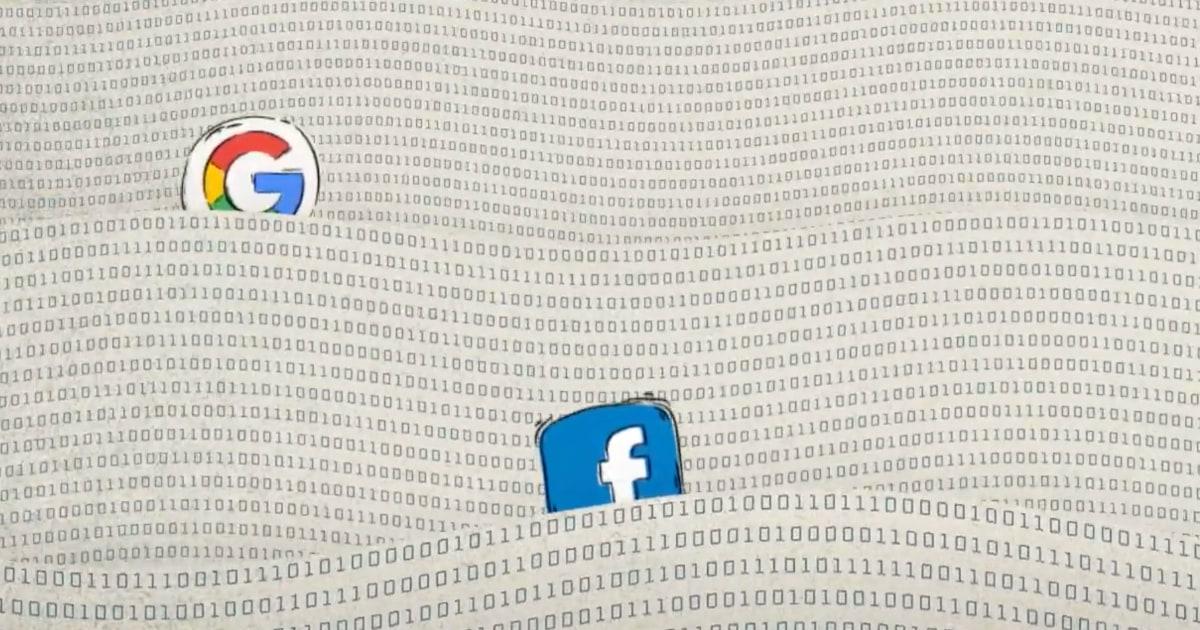About The Disinformation MachineDisinformation has been an element of politics since politics began, with propaganda used by governments and their intelligence agencies to influence the political landscape both at home and abroad. But disinformation and misleading narratives have been, for the most part the privilege of those in power.
Cross-border stories from a changing Europe, in your inbox.
Cross-border stories from a changing Europe, in your inbox.

